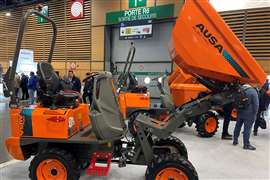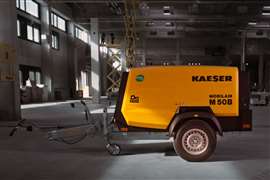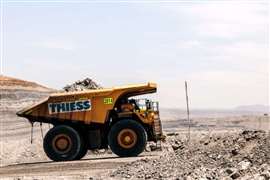Study reveals ‘over-design’ in UK buildings
10 May 2019

A new study has revealed that the design of UK properties is resulting in building systems with up to 50% more electrical capacity than is necessary.
The research, undertaken by UK-based engineering company Ramboll, also found that many new buildings have up to 30% more heating and cooling capacity than would ever be needed.
Ramboll has put the cost of this ‘over-design’, in London alone, at just over €81 million.
Moreover, the needless capacity – which Ramboll attributes to the construction industry’s efforts to achieve technical compliance and adhere to current codes and guidance – is potentially resulting in an additional 23,000 tonnes per year of CO2 gas entering the atmosphere.
In response to its findings, Ramboll says it has been utilising lessons learned from engineering in extreme environments.
Working with a team from the British Antarctic Survey on the first phase of the Rothera Modernisation Project in the British Antarctic Territory, Ramboll developed a design that targets a reduction in energy consumption by up to 35%.
Researchers developed a modelling tool called the Evolutionary Energy Solver that processes millions of possible scenarios and mimics nature to identify the combination of inputs that will provide the best performing, or ‘fittest’ solution.
Mathew Riley, UK managing director at Ramboll, said, ”Over-design is wasting capital investment for building owners and driving higher energy consumption for building occupiers. Nobody wins.
“The key to efficient design is to really understand how a building will perform, by simulating its operation early in the design development, allowing more informed decisions to be made. At Ramboll we learned from our work, engineering buildings in extreme environments such as the Antarctic, methods that we are now working to apply back into the UK so that we can deliver leaner and greener systems.”
Riley added, “We need to break free from outdated delivery models and conventional thinking. By embracing data driven design the industry can reduce capital expenditure, cut carbon emissions, reduce energy consumption and deliver leaner and more sustainable buildings.”






